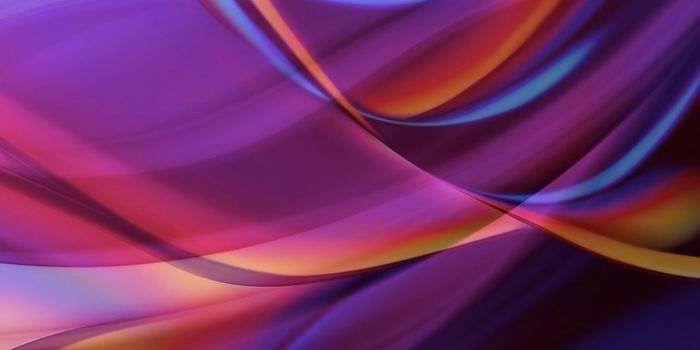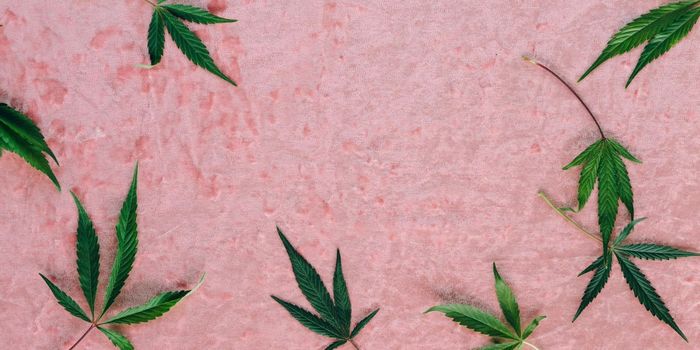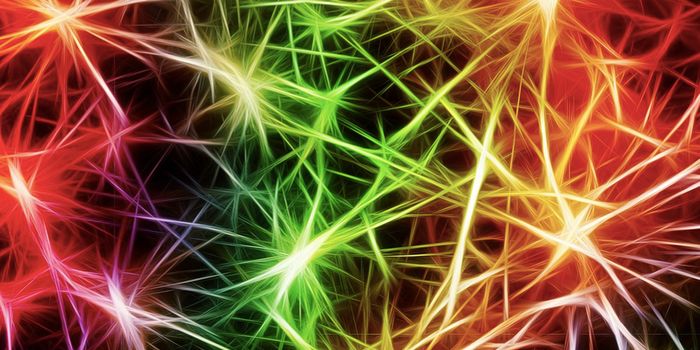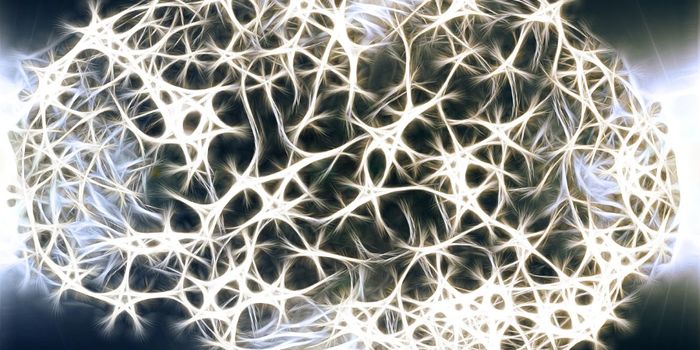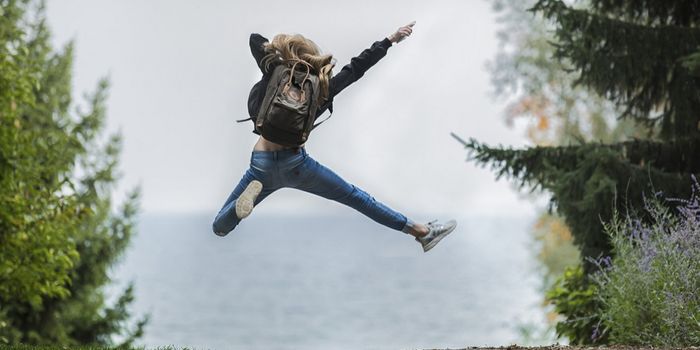Loneliness Predicts Insomnia More than Screen Time
A new study found that self-reported loneliness may be more predictive of insomnia than screen time among college students. The findings may help university administrators and counselors seeking to address insomnia in students. The corresponding study was published in the Journal of American College Health.
Research suggests that around 26.4% of US college students experience insomnia and that employed students and those with depression and ADHD have a significantly higher risk of the condition.
"Insomnia is detrimental to the health of college students. It has been consistently associated with increased stress, anxiety and mood disturbance, as well as decreased academic performance,” said study author, Jessica Dietch, assistant professor of psychological science at Oregon State University, in a press release.
For the study, researchers analyzed self-reported data from 1001 undergraduate students with an average age of around 20 years old from Oregon State University and Chaminade University. Data included demographic information, daily screen time, loneliness, and insomnia. Analyses examined how screen time and loneliness interact with insomnia.
Ultimately, the researchers found that rates of insomnia significantly correlated with loneliness and total, social and nonsocial screen time. Students with higher levels of loneliness, however, had more significant symptoms of insomnia than less lonely students, regardless of screen time.
The researchers further found that students had a higher likelihood of insomnia when daily screen time exceeded 8 hours.
"There is a prevailing notion that screen time increases the likelihood of insomnia symptoms, and we did see that," said study author John Sy of the School of Psychological Science at Oregon State University, in a press release.
"We recommend that college students use electronic devices for a maximum of 8 to 10 hours a day to reduce their insomnia risk. And we also encourage university administrators and counselors to prioritize loneliness before screen time when addressing insomnia,” he added.


